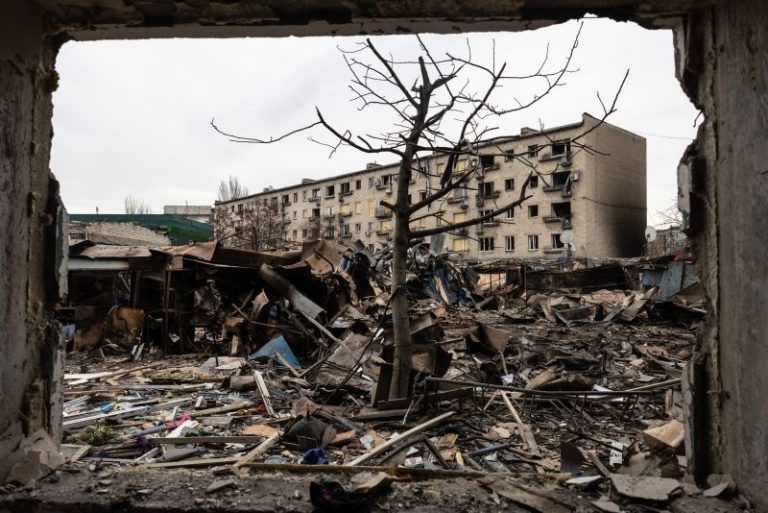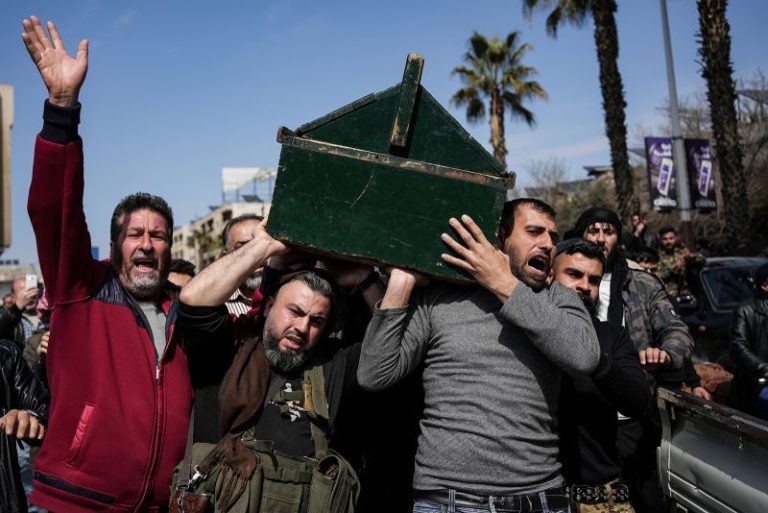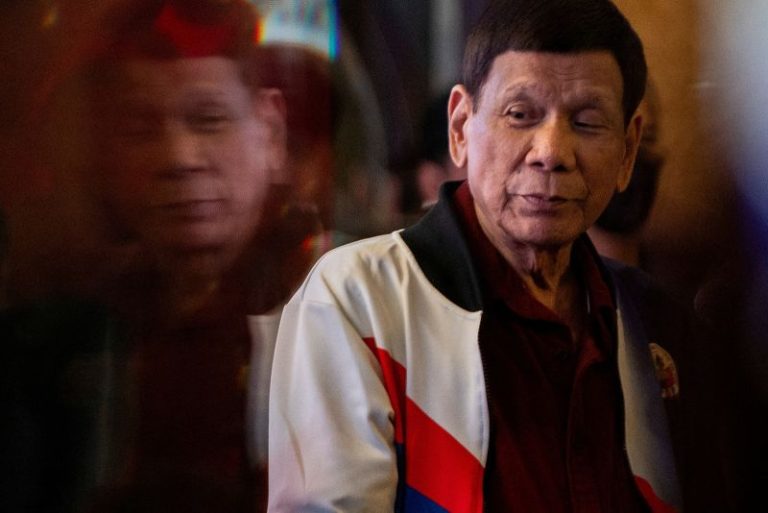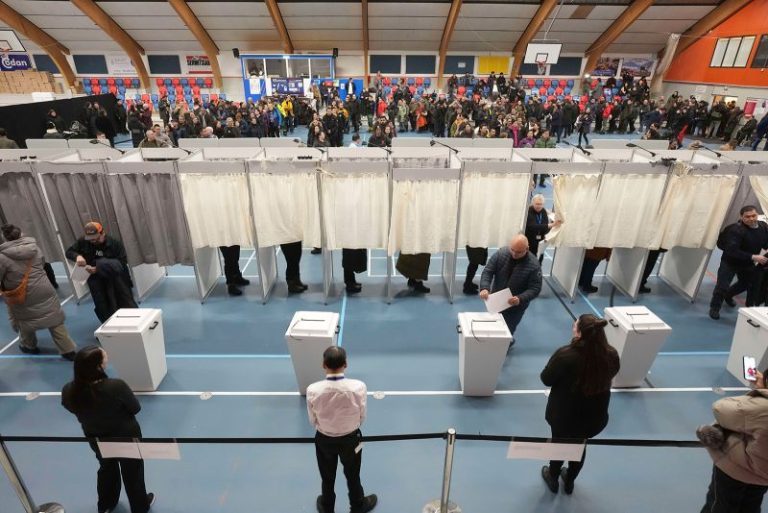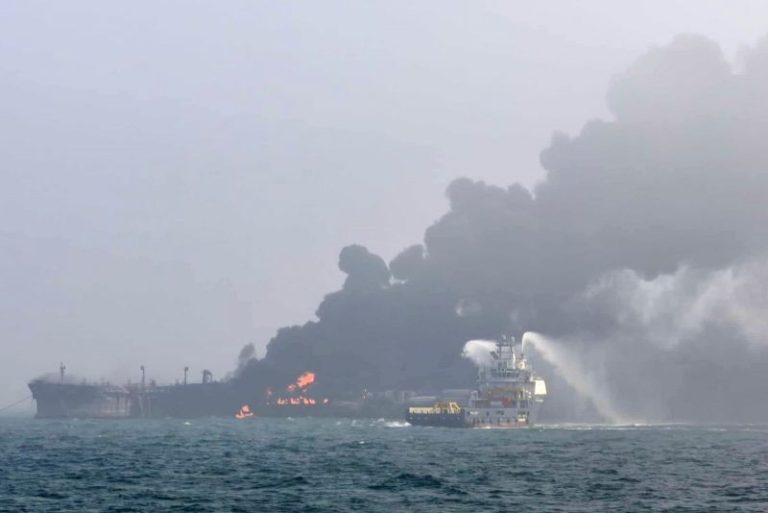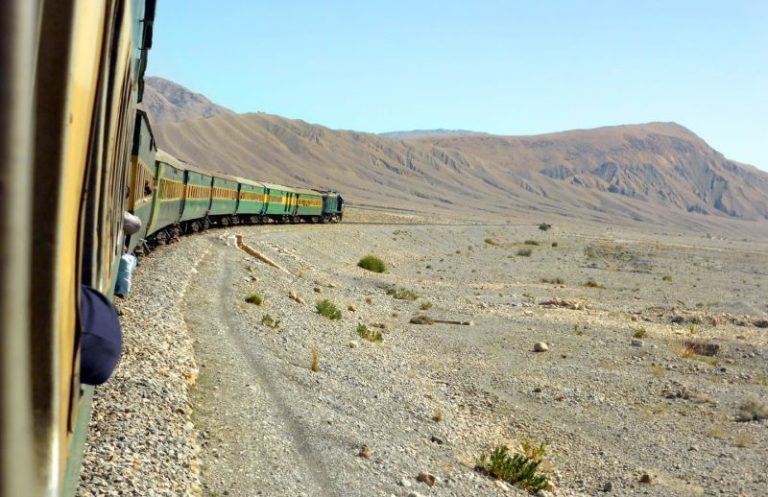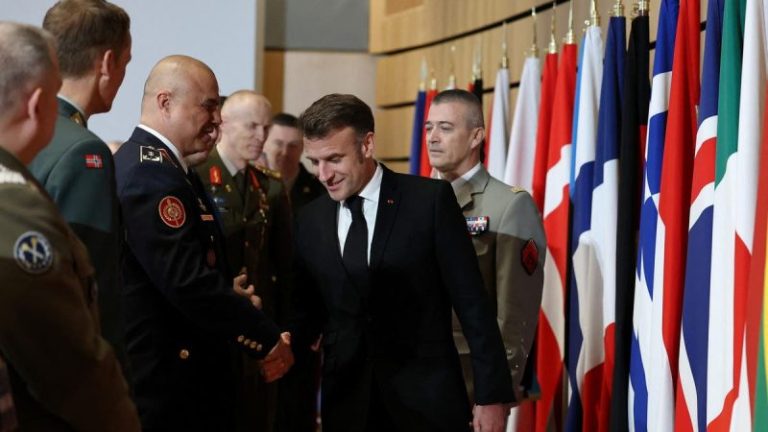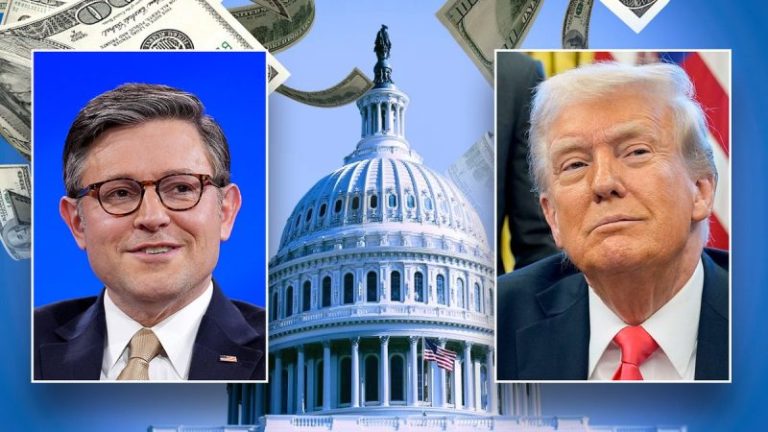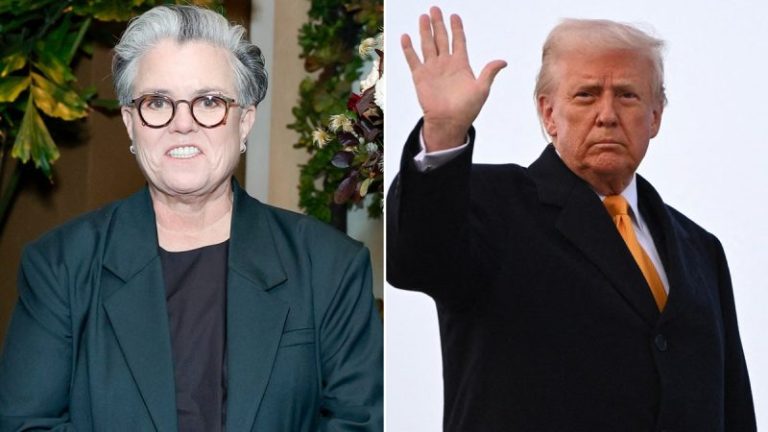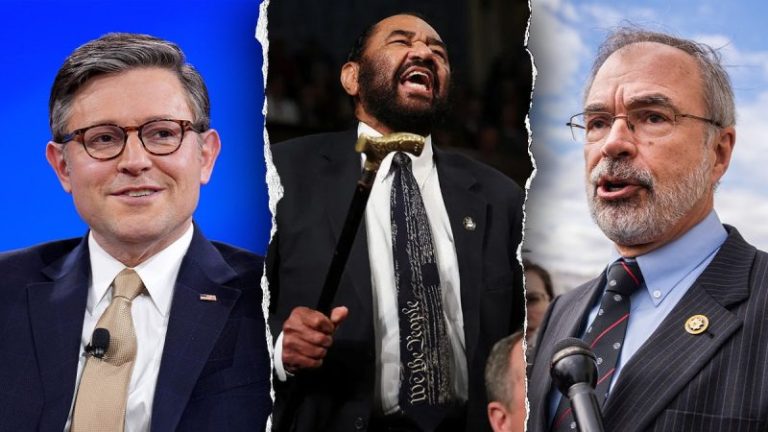The arguments are well rehearsed, and now must meet reality.
A 30-day ceasefire is, unhesitatingly, good news, at first. But a truce is the most complex, and damaged idea of this decade-long conflict. And how it endures will define Ukraine’s support, sovereignty and survival.
After likely hundreds of thousands of Ukrainian and Russian dead, it will be hard for any side to refuse the concept of a truce. Moscow will be under pressure to show it is not the obstacle to US President Donald Trump’s goal of peace at almost any cost.
This is a surreal place for the Kremlin to occupy, after three years of savage aggression and little public desire to end the war outside of the US-Russia diplomacy of the past two months. To maintain the illusion he is Trump’s partner in this, Russian President Vladimir Putin will likely accept some form of peace. It may not be an immediate ceasefire, and he may, as Russia has before, choose to delay its start to pursue military goals first, particularly in the Kursk region, where Ukraine is close to being kicked out of the sliver of Russia it’s held since August.
But then reality will greet the theory of telephone diplomacy. The first argument to be tested is the Kremlin cannot be trusted to engage in meaningful diplomacy as its history shows it rarely does. The second argument is Kyiv retains maximalist ambitions to regain its territory, and is refusing the freezing of the front lines, as this would mean the likely permanent loss of a fifth of its land, and because Ukraine will likely not re-equip with the same vigor as Moscow and be at a disadvantage when Russia attacks again. These ideas too will be challenged.
It is, however, clear now that most Ukrainians feel a counteroffensive to retake territory is a fever dream, when the basic task of fending off Russian assaults is beset by ammunition and manpower shortages.
But the ghastly grit and chaos of this war is unlikely to be kind to a truce. Instead, any ceasefire will likely devolve into a pitched battle to assign blame for its collapse.
The Kremlin head’s main goal, for now, is to continue to enforce Trump’s suspicions that Zelensky is the impediment to his peace. Putin cannot refuse a ceasefire, without losing the fictitious moral high ground. But it is what comes next – or during any pause in hostilities – that will define the outcome of the war.
Firstly, it is a complete ceasefire, across all front lines, for an entire month. This is, in and of itself, a very big ask. Across hundreds of miles, both sides have for years used armor, then artillery, then drones to hunt each other viciously, amid what is now called ‘beetroot’ – the horrific mulch of corpses discarded in combat – on the zero line. The expectation is that for a month, suddenly, this can all stop. That there will be no mistakes. That nobody will open fire in panic, or to settle scores. That a cooking gas cannister won’t detonate in error, and spark a shoot-out that breaks the peace permanently.
For this reason, some European officials and Ukraine had initially proposed a partial ceasefire of air, sea and attacks on energy infrastructure. Their argument was this would be more easily monitored – that violations would be more simply attributed to either side. Yet this argument has been rejected in Jeddah for something much wider-ranging. If Moscow agrees, everything has to suddenly stop for a month.
It is near impossible there will not be errors, or clashes. In the past Russia has exceled at misinformation, maskirovka – deceit as a tactic on the battlefield – as well as false flag operations, when incidents are staged to provide the impetus for retaliation. There will be moments, in any month’s pause, where small arms clashes, or drone strikes, prove impossible to attribute to either side as the aggressor: where AI-manipulation, or faked accounts, or entirely fictitious incidents, fill the information space.
Algorithms will seek to amplify falsehoods. World leaders will struggle to have a cogent grasp of minor details of who-shot-who on the front line. Areas where seismic events have occurred will prove out of reach to investigators owing to the violence that erupts again.
The evidence of the past decade should lead to pessimism, and deceit has flown almost entirely one way. Russia invaded Crimea in 2014 but pretended it had not. Russia agreed to a ceasefire in 2015, and in its first days took the Ukrainian town of Debaltseve. Russia said it would not launch a full-scale invasion of Ukraine in 2022, but did. Russia said at first it was not using prisoners on the front line, but now some of its jails are near empty.
Moscow’s track record should underpin every assessment of how any peace lasts. To quote the poem Trump cited to defend his hostile position on migrants: “You knew damn well I was a snake before you took me in.” We should be clear-eyed about the Kremlin’s goals. They will not be achieved by the freezing of the front line. Putin needs a wider victory to justify the losses this far, and to satisfy his exaggerated idea of the threat the West now poses to him.
The risk is clear: that a truce collapses, likely due to Russian action, Trump incorrectly believes Ukraine is to blame for spoiling his peace, and Ukraine’s aid is again frozen, this time with a more vindictive edge as they have been deemed the aggressor. Moscow claims it is the victim again, and launches another intense assault on Ukraine, where a brief calm has led to a slowing in Western aid and military readiness.
As Marco Rubio, US Secretary of State, said of Moscow: “The ball is now in their court.” This is true and admirable as an outcome. But it is also the case that Russia excels at grabbing the ball, pocketing it, debating the rules of the game and points lost three sets ago, before claiming the ball has in fact been stolen clean from them by the other team.
The White House is about to get a masterclass in real Kremlin diplomacy. Trump’s disruptive and at times blunt methods brought us here. If applied to Moscow as bluntly and disruptively, they may reduce the biggest security threat in Europe since the Nazis. But they may also appear too fleeting in application, and too basic in scope to deal with the cool deception and glacial patience of Moscow.

